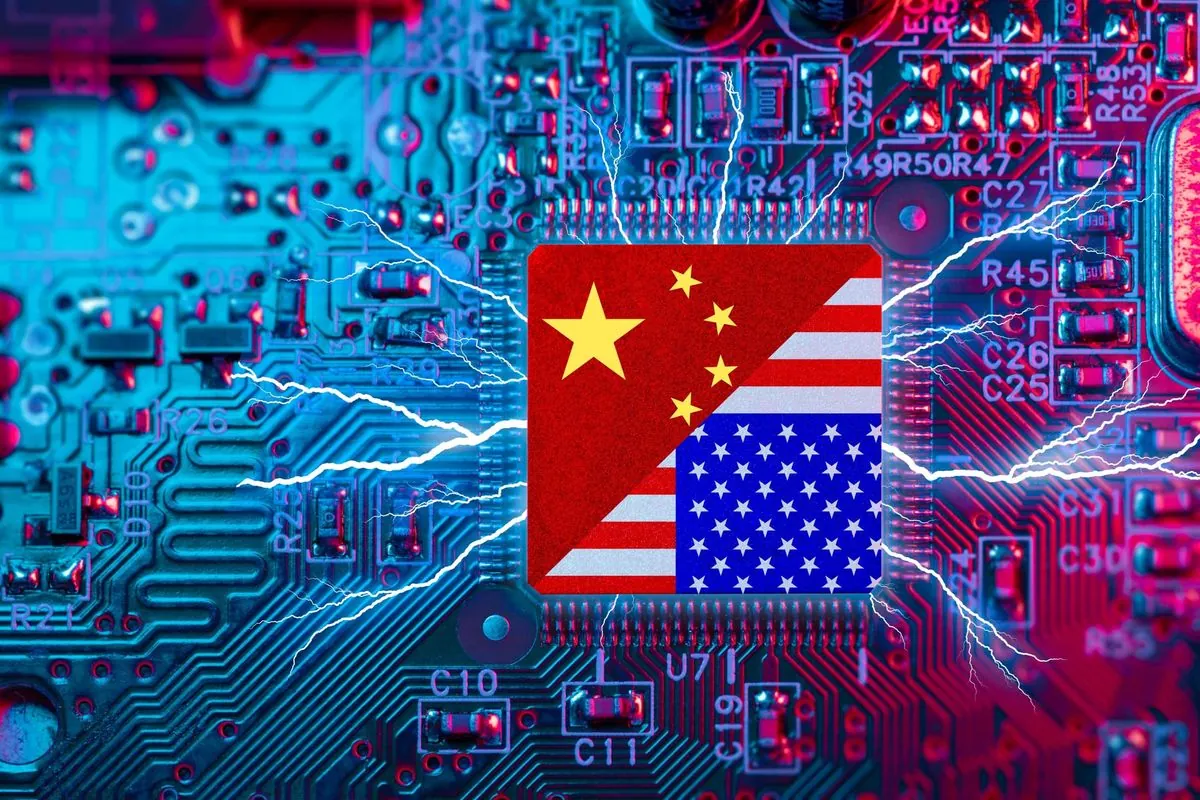How US economic policy needs quick fix to stay ahead of China's tech race
US government tries to protect its tech edge using old-school methods that dont work anymore. Fresh look at economic security and tech innovation could be the key to winning global leadership race

The US approach to economic security needs a major re-think. President Bidenʼs team started with supply-chain checks about 3 years ago but their focus on defense isnt enough to win against rising competitors
The current US strategy puts too much weight on blocking tech transfers‚ while missing the bigger picture — our economy needs both protection and growth. The G7 meeting last year showed how western countries are stuck thinking about supply-chains resilience and tech control (which isnt wrong but its incomplete)
Science and technology innovation has become a critical support for increasing comprehensive national strength
Innovation drives real economic power: its not just about protecting what we have. Look at Europe — theyʼre falling behind in growth because they cant match US-China innovation pace. New tech areas will change everything in next decades:
- Artificial intelligence
- Quantum computing
- Bio-tech
- Advanced materials
- Nano-tech
Jake Sullivan‚ the national security advisor made it clear last year that US controls focus on military-related tech. But thats a narrow view — we need broader control of tech that shapes future markets not just weapons
The old free-market crowd says government should stay out‚ but history shows different facts. US government has always played big role in tech progress (just look at internet development). Chinese approach mixes government and business creating “CCP Inc“ – a system thats hard to compete with using old-school thinking
We need a new position: economic security advisor in White House. Japan already has similar role and its working well. This person would need to build strong partnerships with other countries because no single nation can win the tech race alone. Time is running short and the stakes are high — whoever leads in these technologies will write tomorrows economic rules





























